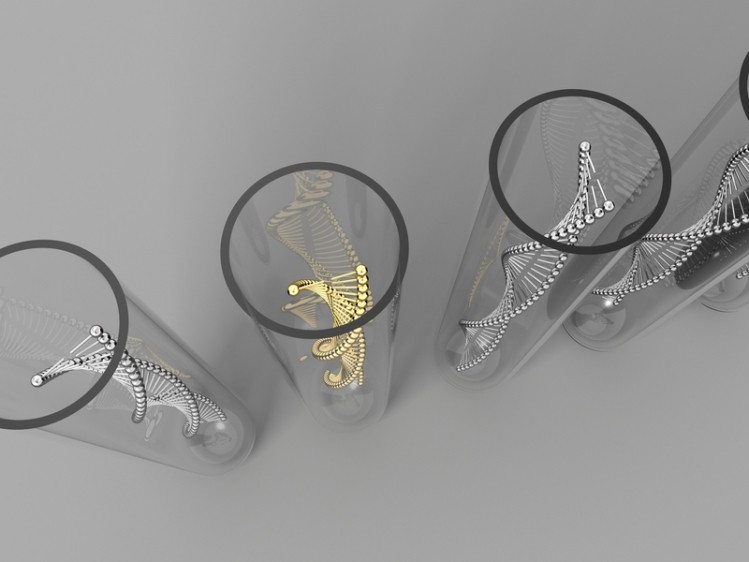Quadram Institute receives EU funding slice to investigate personalised nutrition possibilities

UK-based QIB will collaborate on the EIT Food QUISPER Project, an initiative designed to organise and provide consumers with personalised nutrition advice.
“This is a great opportunity for the scientists at the institute to participate with other partners in delivering projects aimed at improving health of UK and European consumers,” said professor Ian Charles, director of Quadram Institute Bioscience.
The work will commence with the programming of a fully-fledged online digital service starting from a pre-beta version (Quisper Server Platform, QSP).
In a test case, the project will also look to further develop and integrate personalised food recommendations using the eNutri App – a graphical food frequency assessment tool to assess dietary intake using a validated food frequency questionnaire (FFQ).
Further project objectives include the development of the concept and set-up of the operational structure (data management, scientific advisory board, communication and marketing functions, Quisper management and governance structures).
Academic partners
Here, QIB will lead the activity and support other academic partners that include the Technical University of Munich (TUM) and the University of Reading in the creation of the operational structures.
Services will have companies, societal organisations and government healthcare services in mind as well as individual healthcare professionals who wish to dispense personalised nutrition advice.
The project aims to adopt a business model similar to that of a non-profit organisation complete with membership fees and payable query services to cover its operational costs.
A number of digital apps exist currently in response to consumer demand for apps and services, but many of these are based solely on calorie counting.
These apps include MyFitnessPal, which offers a food database, listing over 5 million different foods. Other apps include MyPlate Calorie Tracker and Fitbit. These apps are compatible with 50 devices and apps such as Apple Health, Fitbit and Garmin devices.
While these apps assist in keeping track of food intake and exercise frequency, QIB think these apps do not unleash the real benefits from personalised nutrition advice utilising biomarker and genetic information.
The SEAFEED project
QIB are also involved with another project dubbed the SEAFEED. Here the researchers are developing fermented seaweed-based novel additives.
Matís, an Icelandic food and biotech institute, lead the project that aims to produce health-promoting bioactive ingredients for feeds from seaweed biomass, via microbial fermentation.
“Various combinations of seaweed processing and fermenting bacteria have been explored already,” said QIB.
“The support of EIT FOOD will allow the upscaling of the fermentation process and an assessment of the benefits of the seaweed/bacteria formulation when used as a supplement to fish food.”
“QIB’s expertise and facilities for assessing prebiotic functionality will underpin this,” they added. “QIB will also undertake detailed metagenomic and metabolomic analysis of the fish gut microbiome to help select the most beneficial microbial components.















